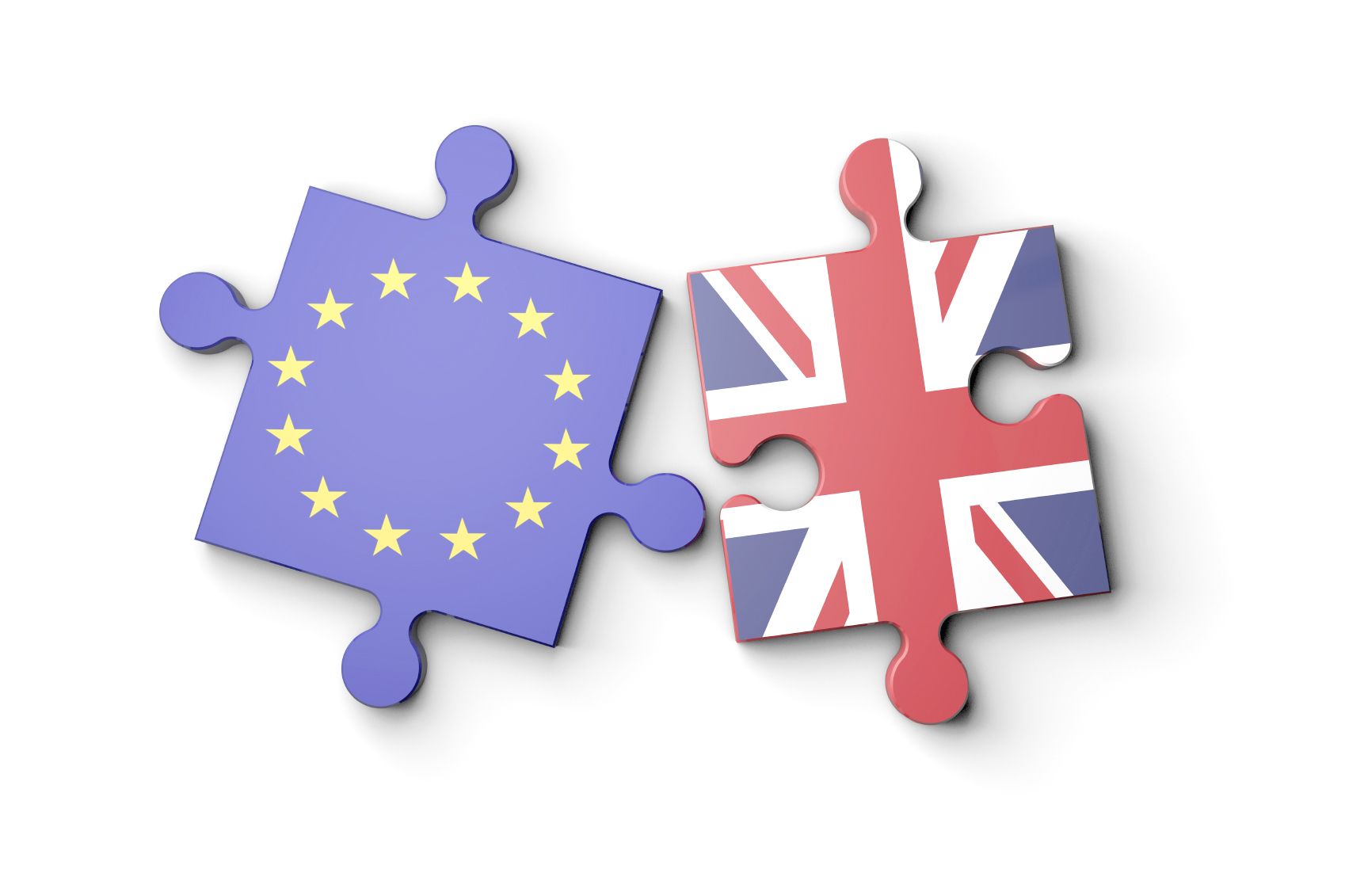Copenhagen will be at the centre of the Brexit debate on May 2, when the British Chamber of Commerce in Denmark hosts the Brexit Conference at Børsen. The UK will hold a referendum on its relations with the EU on June 23, and the campaigns for both the ‘Remain’ and ‘Leave’ camps are well underway now.
The Swiss and Norway
If Britain leaves the EU, the examples of Norway and Switzerland provide workable models of economic relations with the EU.
Although Norway has access to the single market through its membership of the EEA, it pays a high price for this through payments to the EU budget, being forced to accept the free movement of EU migrants, and having to observe all the EU’s single market regulations without having any influence on how they are made.
Switzerland does not enjoy the same access, as it is not in the EEA, instead relying on a series of bilateral agreements that cover access for goods but not most services.
The UK itself could draw up a hybrid of these two examples, and questions remain as to how this would work.
Damaging impact
It is pertinent to consider the potential economic impact of Brexit on Denmark. Danish exports to the UK over the last ten years account for more than those to China, the second largest market in the world.
Depending on the precise details of how a Brexit would play out, the Danish economy could shrink by as much as 5 percent.
Furthermore, changes to the economic conditions in the UK caused by Brexit would negatively impact on investments by Danish companies.
Scaring away investors
Take for example, Dong Energy’s recent investment of £6 billion in renewable energy in the UK over the next four years.
At present, the UK government is committed to binding EU emission targets. In the event of a next Brexit, there would be far less incentive for the UK government to meet these demands and a danger that it will drag its feet.
With investment driven by the government’s commitment to these targets, Brexit could have the unwanted effect of scaring investors away.











